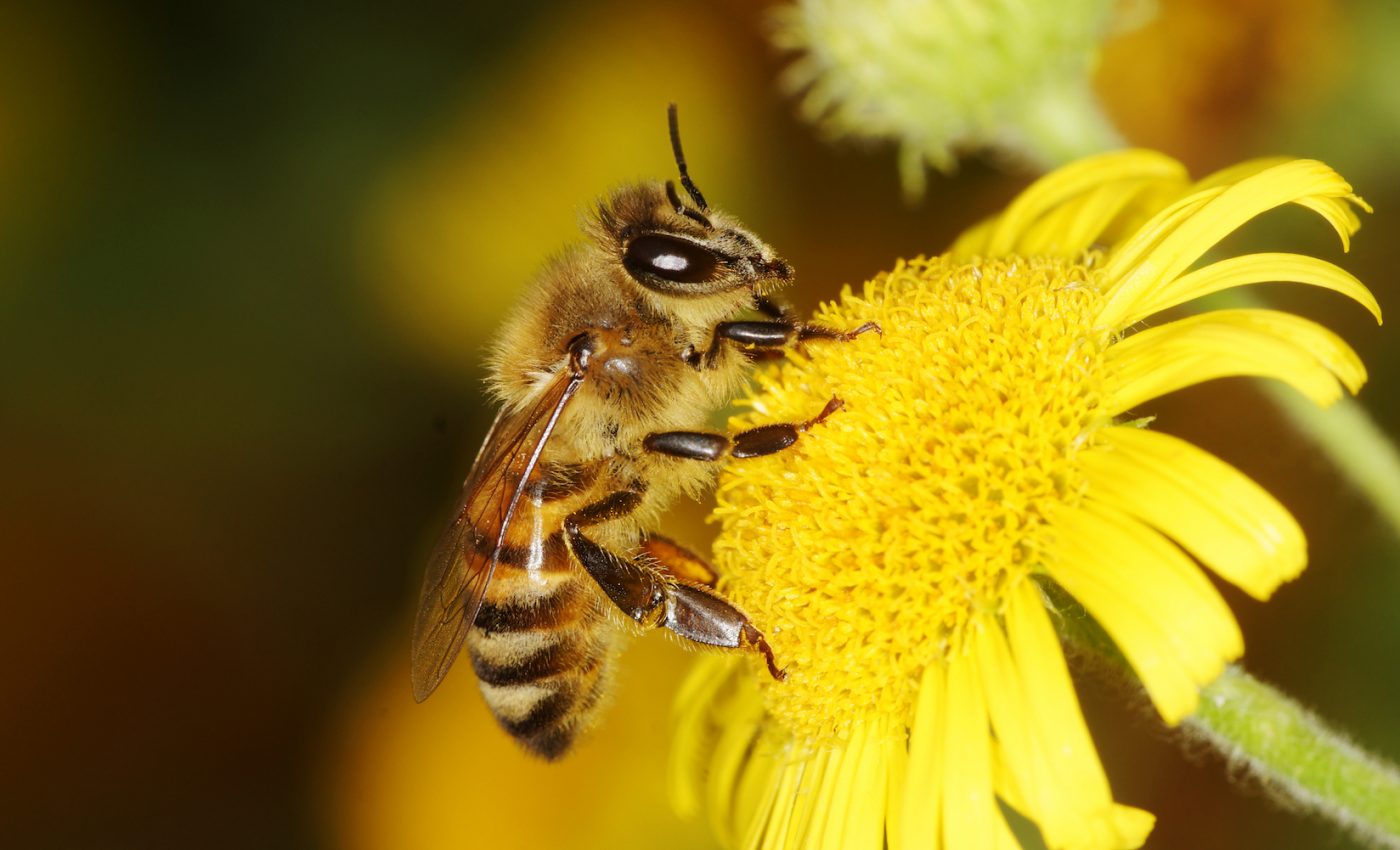
UN experts warn that biodiversity loss can be a human rights issue
In May, the United Nations (UN) released a devastating report detailing the unprecedented loss of biodiversity that our planet is currently facing. Now, UN experts are warning of the effects mass biodiversity loss can also have on human rights.
The UN biodiversity report, published by the Intergovernmental Science-Policy Platform on Biodiversity and Ecosystem Services, found that over one million species are currently at risk of extinction. Researchers found that human activities threaten species more than at any other time in the planet’s history.
The results are incredibly grim. The authors note that we will continue on this downwards spiral unless we implement transformative change.
Plants and animals are not the only victims of the current state of the planet. UN experts caution that biodiversity loss threatens human rights for current and future generations.
“The loss of global biodiversity is having and will continue to have devastating effects on a wide range of human rights for decades to come. This report is a stark reminder that we can simply not enjoy our basic human rights to life, health, food and safe water without a healthy environment,” David Boyd, a UN expert on human rights and the environment, said in a news release.
Biodiversity provides humans with food, medicine and livelihoods. Plant and animal species also ensure our ecosystems function properly which, in turn, helps to clean our air, water and soil. Ecosystems such as coral reefs can protect humans from the effects of extreme weather, which is believed to increase as a result of climate change.
A 2015 report by the World Health Organization and the Convention on Biological Diversity found that biodiversity loss is impacting human health worldwide.
A decline in natural resources throughout the world could exacerbate tensions between people and countries, resulting in armed conflict.
The loss of pollinators alone threatens $577 billion in annual global crops. Additionally, an estimated 100-300 million people are at an increased risk of floods and hurricanes as a result of the decline in coastal ecosystems, the UN biodiversity report found.
Communities throughout the world rely on healthy and functional ecosystems for survival. As United Nations experts state, poor communities including indigenous peoples, farmers and fishermen are particularly vulnerable to the effects of biodiversity loss.
The UN biodiversity report helped wake up the collective conscience of humanity. While many people may not yet see the effects of biodiversity loss on their personal livelihoods, that could change in the coming years. The key to gaining buy-in for transformative change may just be the threat it poses to us personally.
—
By Brianna Lynne, Earth.com Contributing Writer
Image Credit: Shutterstock/Maciej Olszewski













